EMBRC-GR provides access to a diverse range of coastal marine habitats of Crete.
Coastal research vessels (On-site and remote service)
SCUBA diving facilities (On-site and remote service)
For access to coastal ecosystems of Crete (Cretan and Libyan Seas)
Submersibles
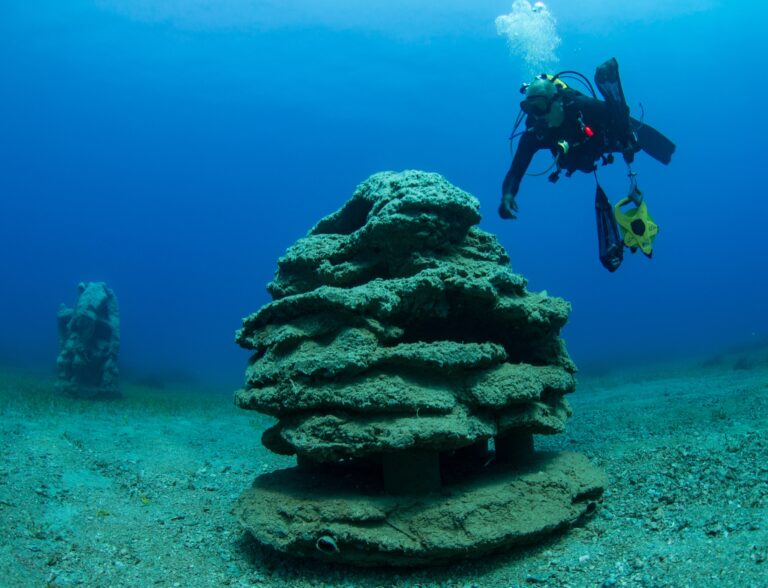
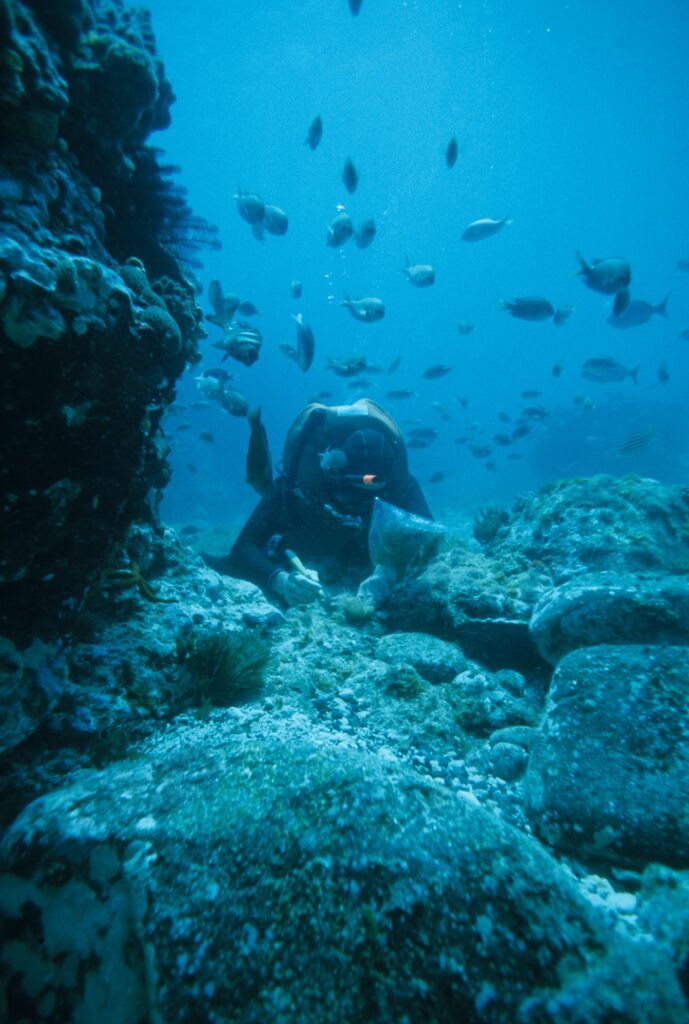
Ecological assessment services
We provide ecological assessment in marine and transitional ecosystems through field surveys, including:
Habitat mapping services include
We also provide visual analyses of results, as well as consultations on management, conservation and restoration actions.
Sampling equipment (On-site and remote service)
Environmental impact assessment and monitoring services
We coordinate and undertake Environmental Impact Assessments (EIAs) and Environmental Studies (ES), including:
We also provide advice on monitoring and mitigation of impacted coastal systems, assisting with in situ surveys and sampling design.
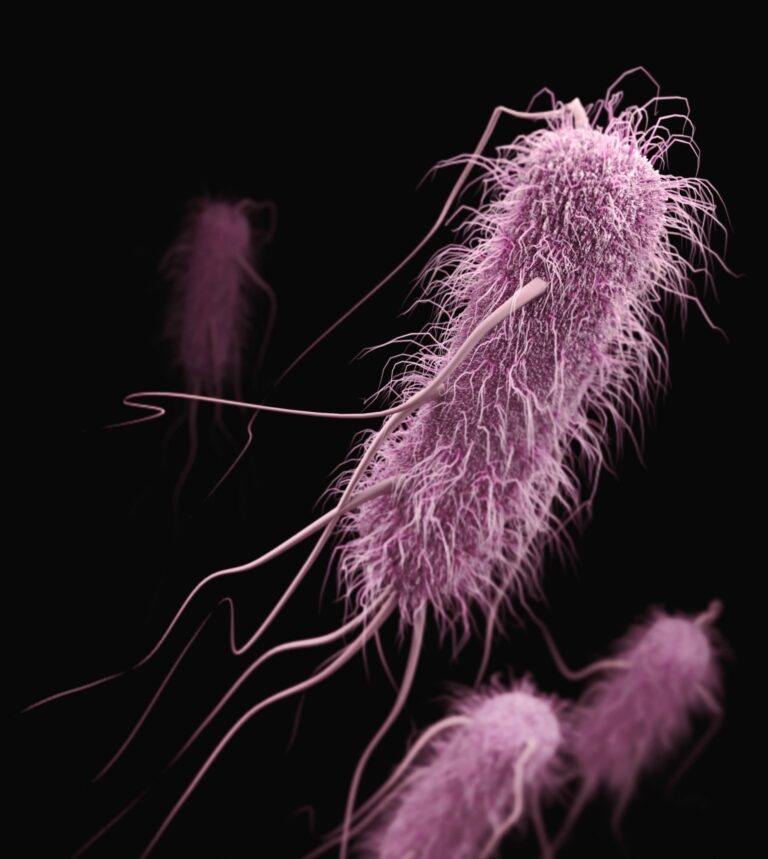
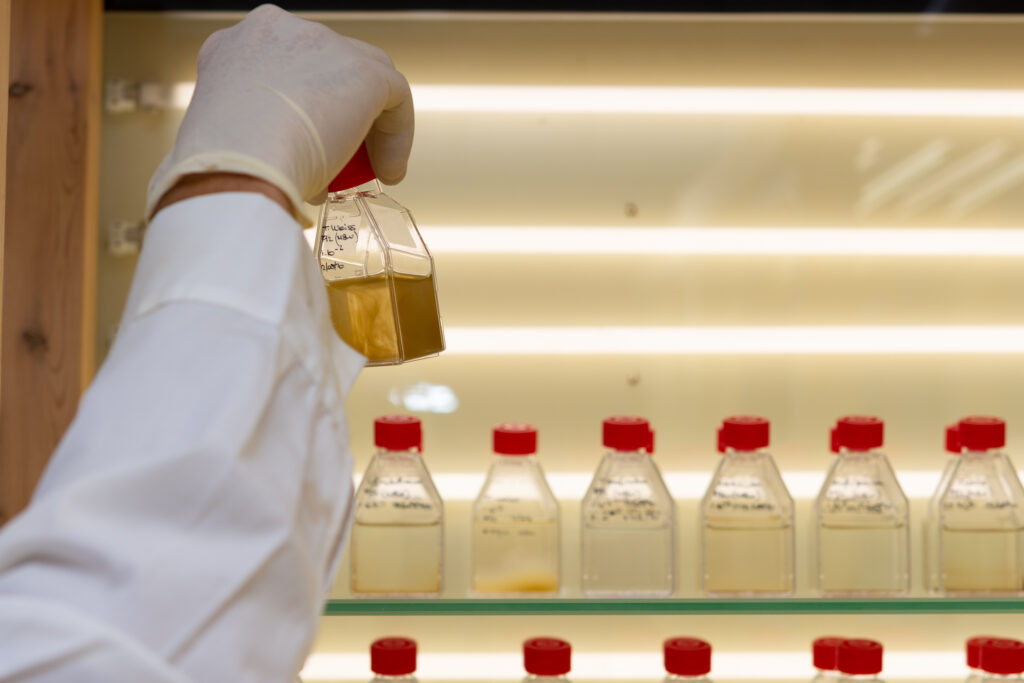
EMBRC-GR offers access to living stock and preserved (biobanks) culture collection of marine organisms from a variety of ecosystems and taxa. Other organisms can also be sampled directly from the field.
Species collected upon request (On-site and remote service)
Biological sample identification (On-site and remote service)
Biobanks (On-site and remote service)
Conformity with regulations
EMBRC guarantees conformity with national and international regulations concerning collection, maintenance/cultivation and shipping of biological resources. Ethical standards and nature conservation requirements limit the availability and/or types of research on certain species such as mammals, turtles and those on the IUCN Red List of Threatened Species. Strict adherence to ethical standards and 3R policies (Reduce, Reuse, Recycle) is ensured.
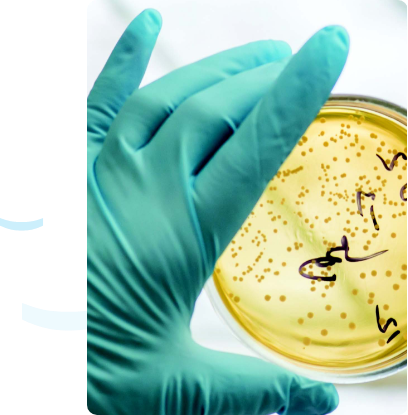
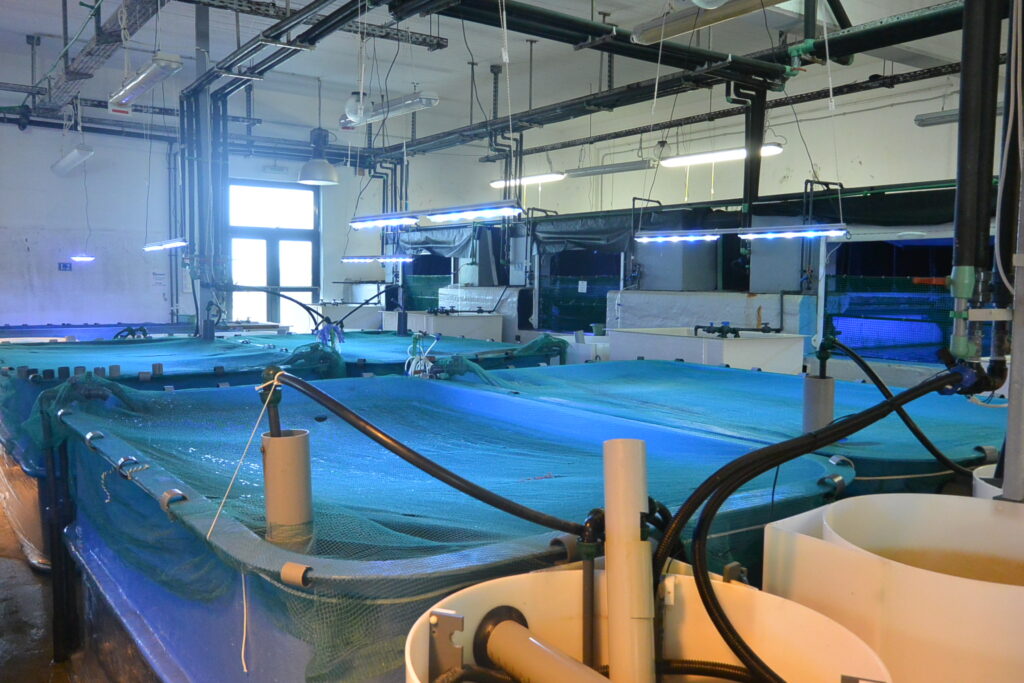
EMBRC-GR provides access to state-of-the-art experimental facilities for aquaculture experiments (aquaria and tanks), environmental studies (mesocosms) and for commercial applications. Dedicated wet and dry laboratories are available for sample processing and their analysis.
Aquaria and tanks (on-site)
Tanks and labs for experiments on aquafeed testing, fish reproduction and pathology
EMBRC-GR gives access to the latest technologies for molecular biology and bio-imaging, as well as to platforms for biological assays and for structural or chemical analysis.
Molecular biology and omics (On-site and remote service)
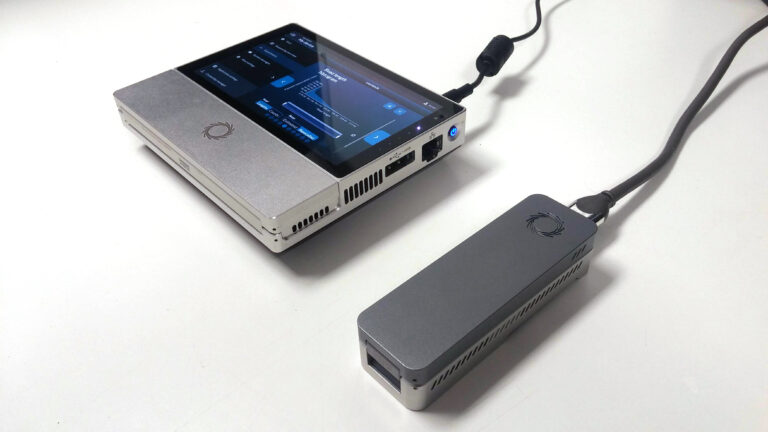
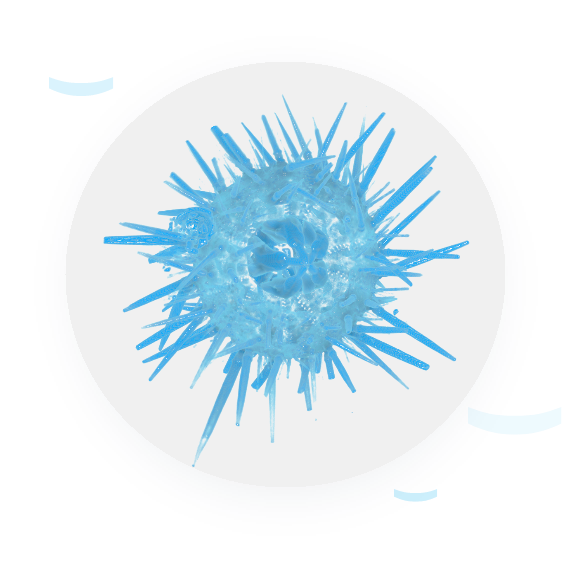
Structural and chemical analysis (On-site and remote service)
Bioassays (On-site and remote service)
Imaging (On-site and remote service)
EMBRC offers access to data obtained from mid- and long-term observations of different marine ecosystems, specific software for data analysis and exploration as well as related bioinformatic expertise.
Data analysis tools and software (On-site and remote service)
Data sets (On-site and remote service)


EMBRC facilitates access to marine-related research opportunities, and supports the education of next generations of marine biologists. This is achieved through two initiatives:
EMBRC also offers training services such as conference room rental and on-site / remote access to library services.
Experimental design (On-site and remote service)
Expert advice on Mediterranean aquaculture (aquaculture, nutrition, diet formulation, reproduction, pathogens)
EMBRC Greece
Institute of Marine Biology,
Biotechnology & Aquaculture
HCMR, Thalassocosmos
71500 Gournes Crete, Greece
Liaison Officer:
Panagiotis Kasapidis
liaison_gr@embrc.eu
+30 2810 337718
Communication Officer:
Melanthia Stavroulaki
mstavroulaki@hcmr.gr
+30 2810 337719
Postal correspondence:
IMBBC-HCMR
P.O.Box 2214, 71003 Heraklion, Crete, Greece
@EMBRC-GR 2022